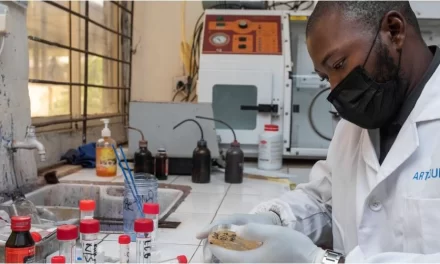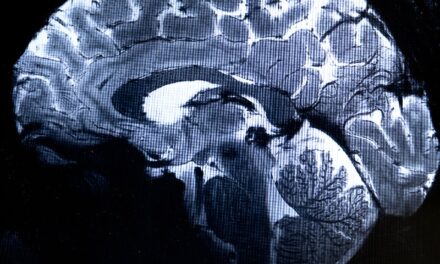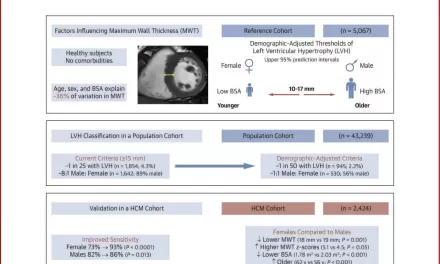In a recent study published in the online issue of Neurology, researchers have discovered that newer epilepsy medications taken during pregnancy do not appear to affect children’s creative abilities. This finding contrasts with previous research linking older epilepsy drugs to potential impacts on creative thinking in children born to mothers who used them during pregnancy.
The study, led by Dr. Kimford Meador of Stanford University, involved 251 children born to mothers with epilepsy who were taking newer medications like lamotrigine and levetiracetam during pregnancy. Additionally, 73 children born to mothers without epilepsy served as a control group for comparison.
Upon evaluating the children at approximately four and a half years of age, researchers found no significant differences in creative thinking abilities between the children exposed to epilepsy medications and those who were not. The assessment included tests measuring fluency, flexibility, and originality in response to visual prompts.
“While our study found no direct impact on creativity from these newer medications, it’s important to note that higher concentrations of these drugs in the mother’s blood during the third trimester were associated with poorer performance in tests of children’s executive function,” noted Dr. Meador. Executive function encompasses a person’s ability to plan, focus, and manage tasks efficiently.
The study emphasizes the complexity of managing epilepsy during pregnancy, balancing the need to control seizures with minimizing potential risks to the developing child. “Our findings underscore the importance of careful medication management during pregnancy, aiming to achieve optimal seizure control while safeguarding cognitive development,” added Dr. Meador.
Despite these insights, the study acknowledges limitations, including the age of the children assessed and the need for future research into the long-term impacts of these medications on cognitive development throughout childhood and adolescence.
As research continues, Dr. Meador and his team advocate for further investigations to better understand how epilepsy medications may influence children’s cognitive and creative development across different stages of life.
For more details on this study and its implications, the full report can be accessed in the May 29, 2024, issue of Neurology, the official medical journal of the American Academy of Neurology.












